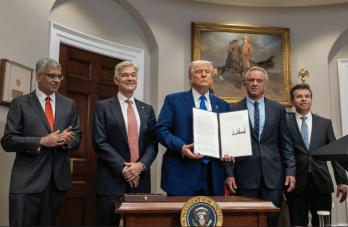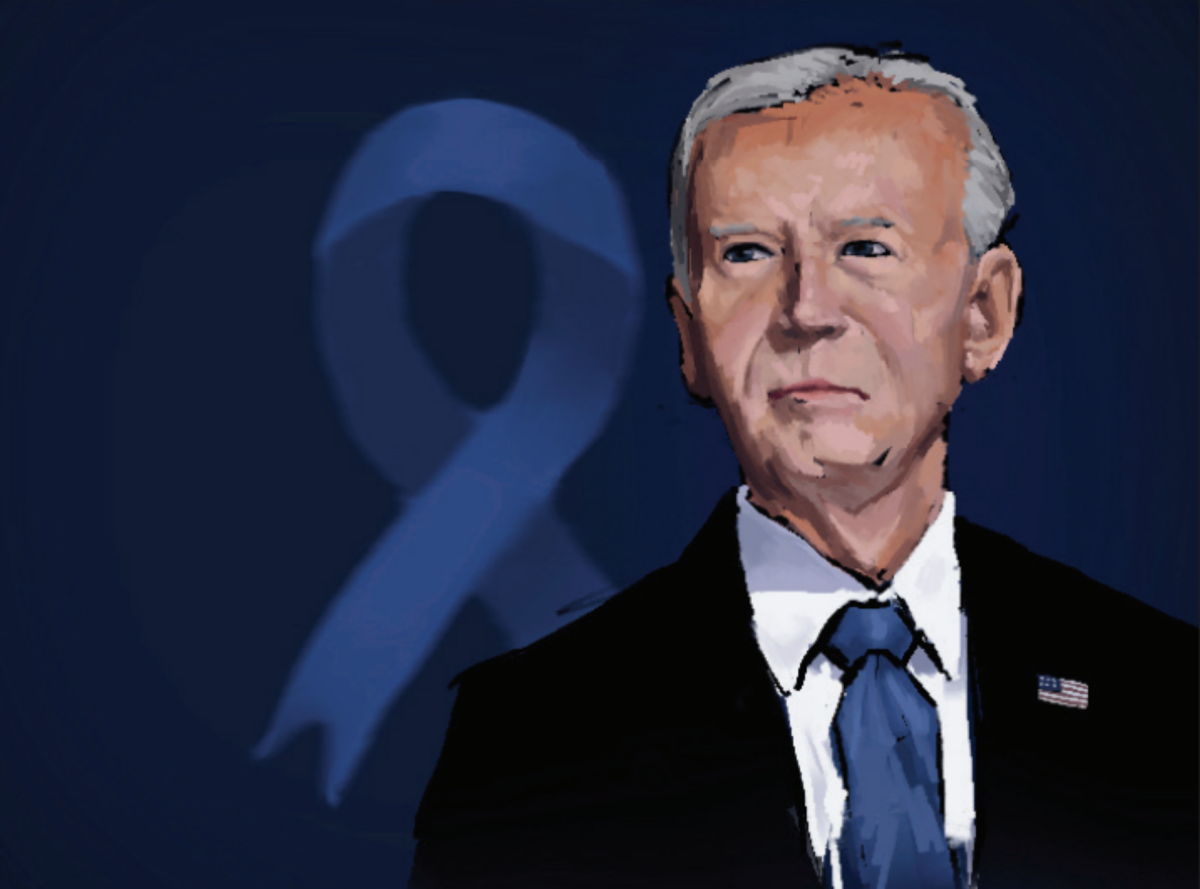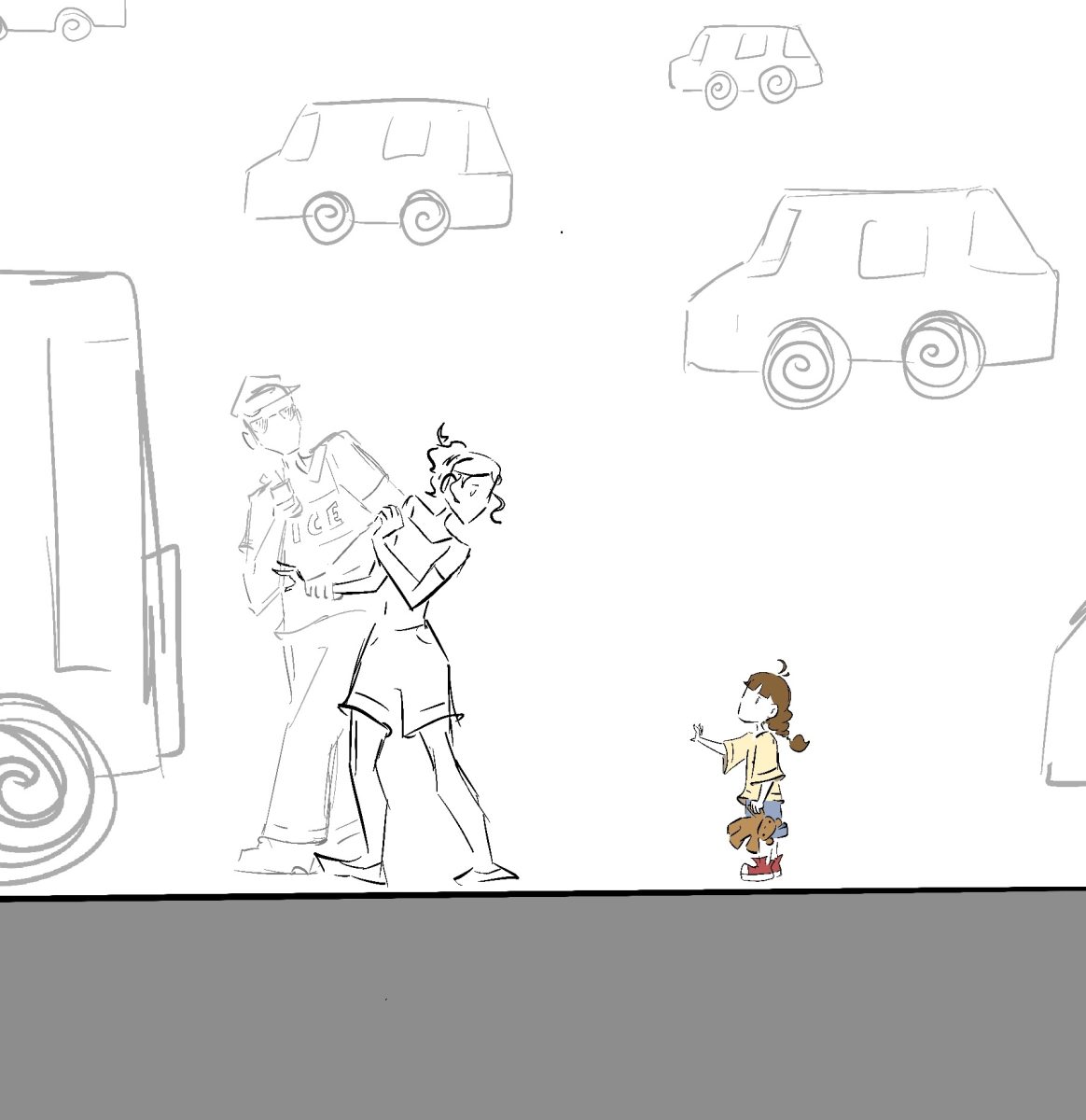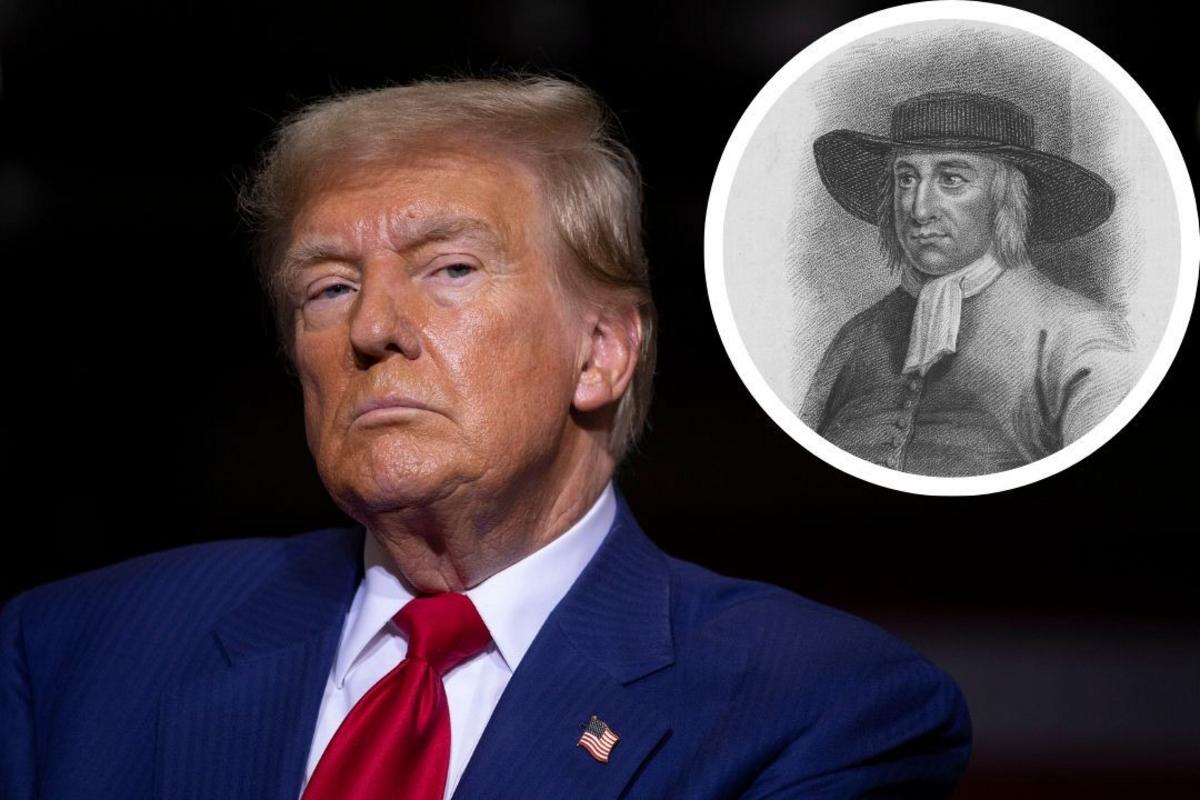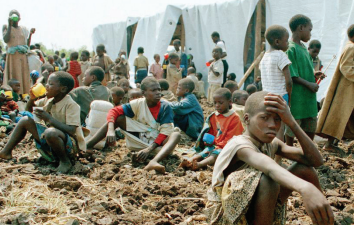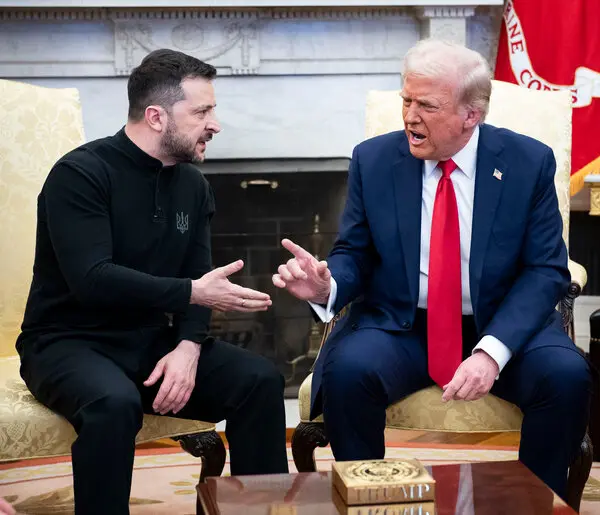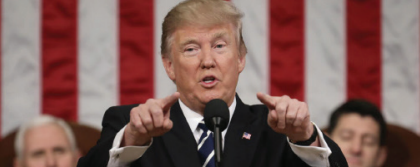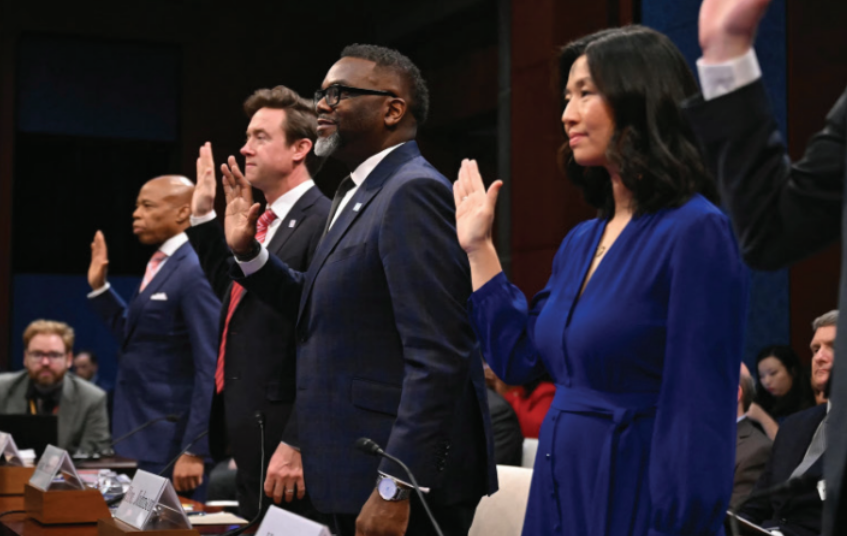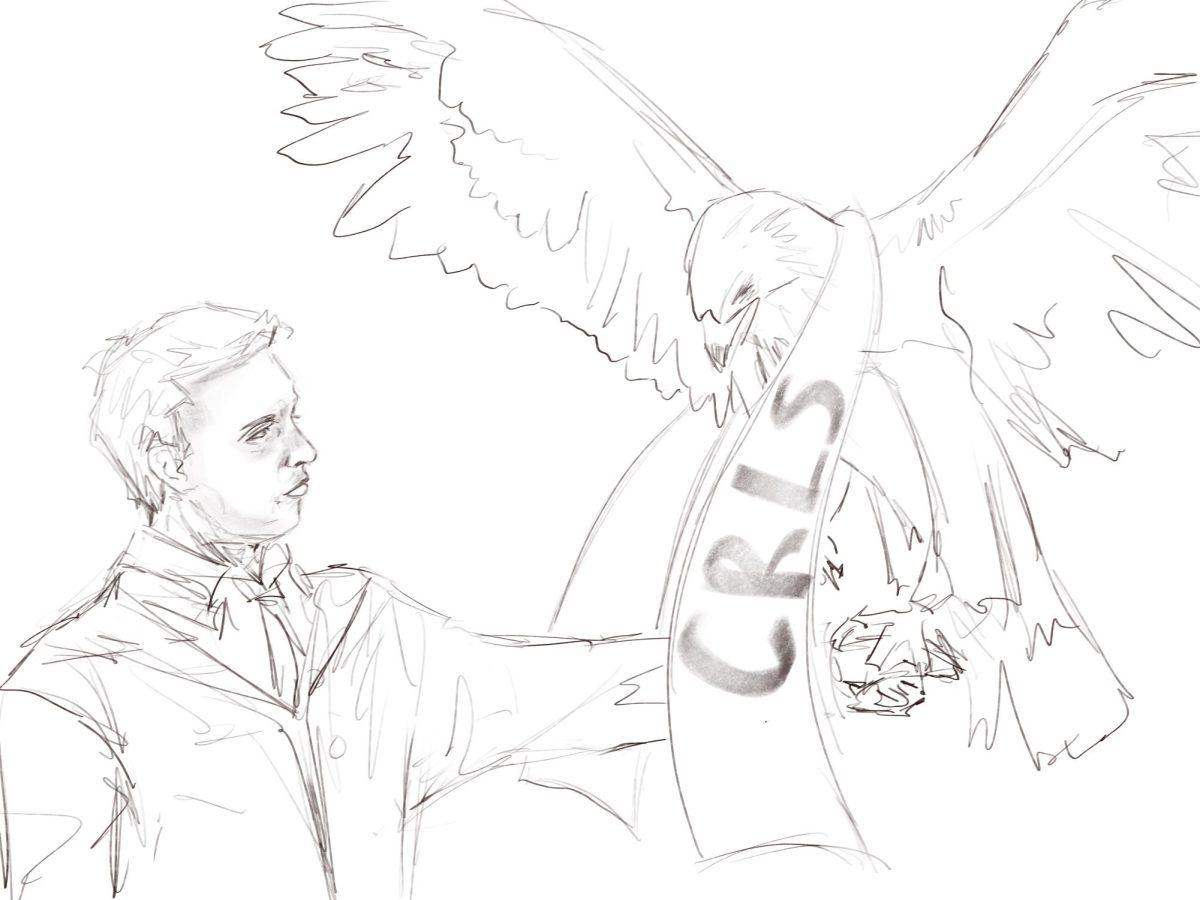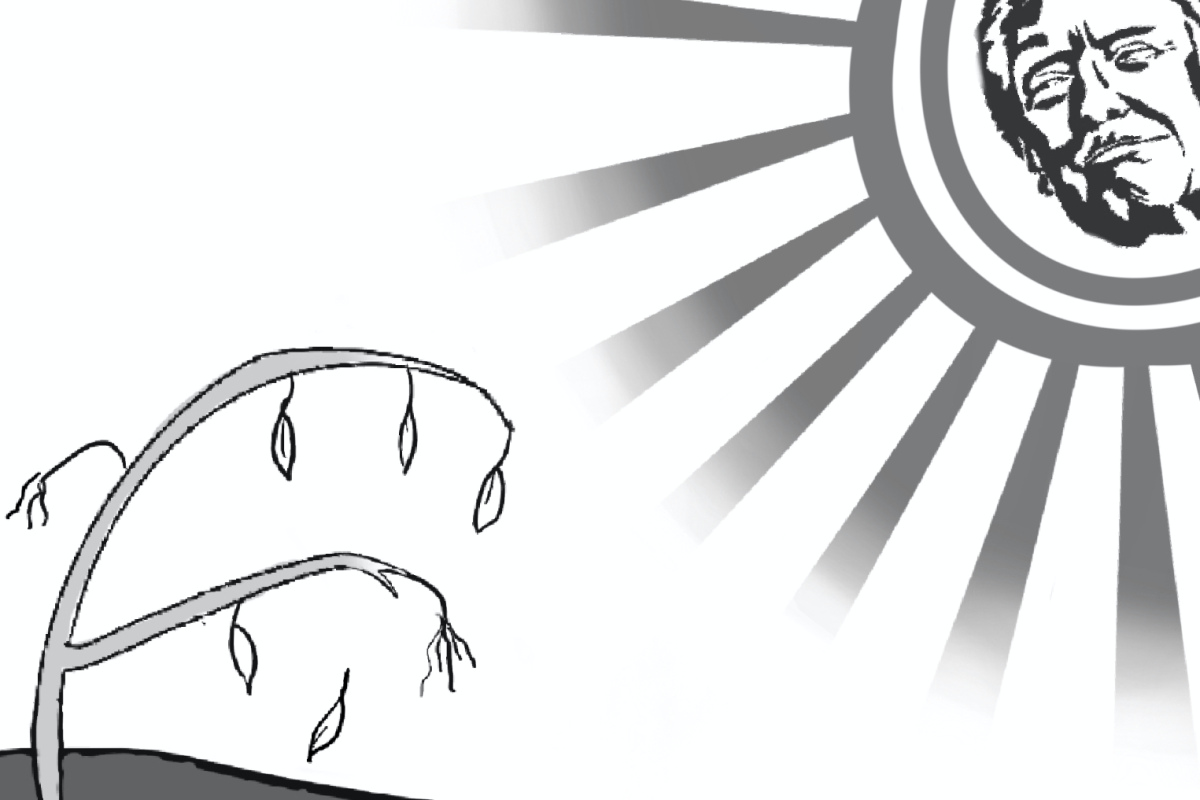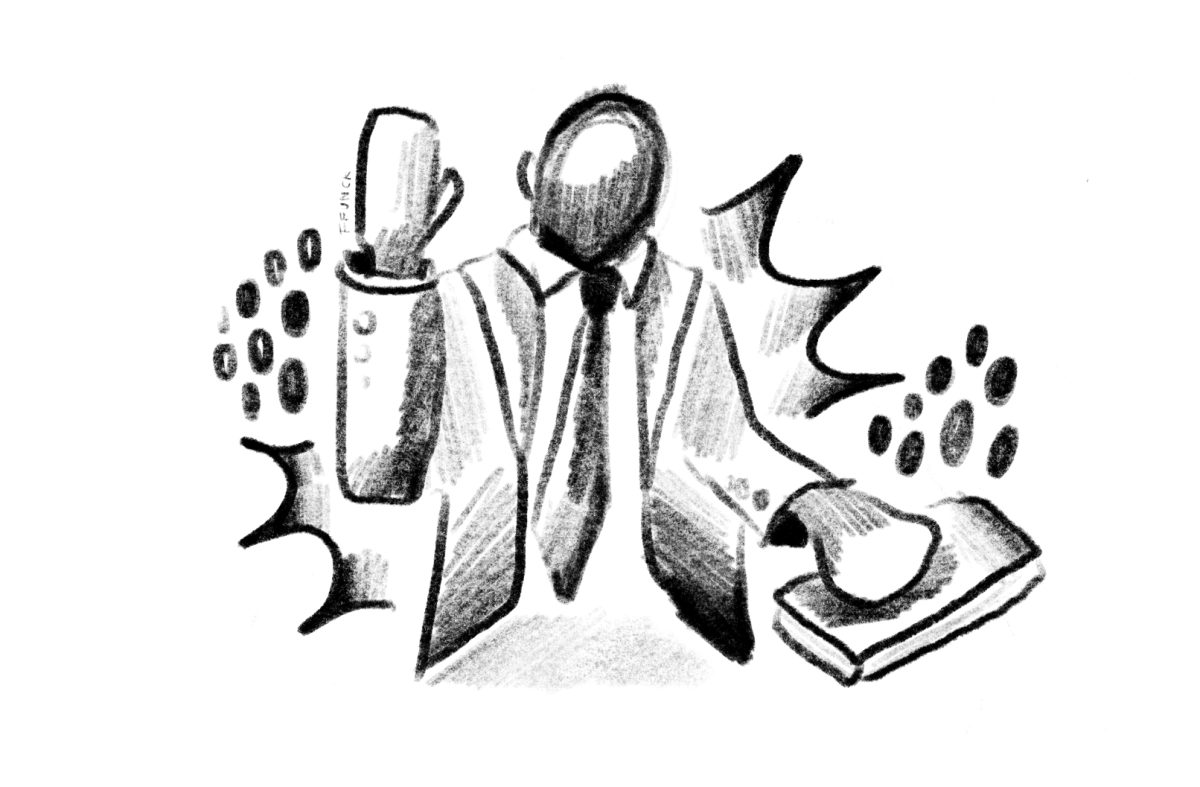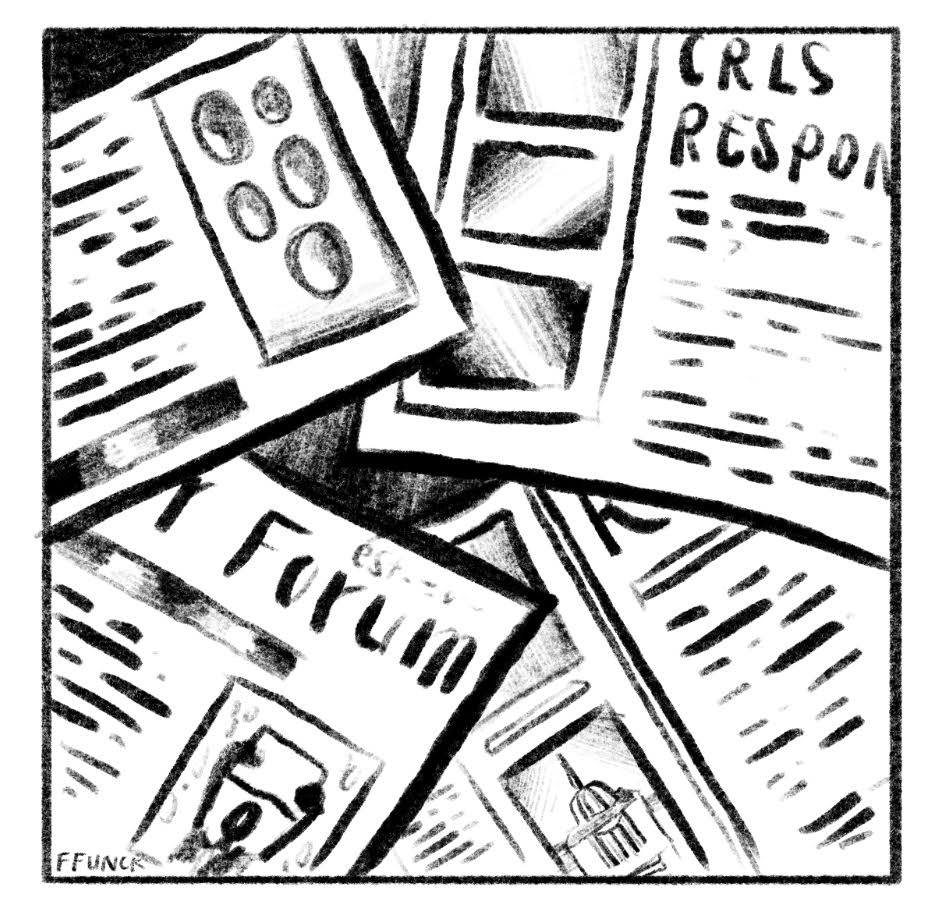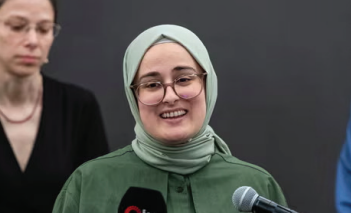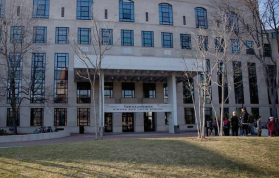When over seventy countries hold elections in the same year, a considerable turnover in leadership is inevitable. The country of Georgia experienced results in the same vein; after a tumultuous couple of weeks during which thousands protested, Georgian Dream, a populist, anti-Western party, declared Mikheil Kavelashvili, a former soccer player, the new president.
Isaiah Jung, a homeschooled student in Tbilisi, Georgia, told the Register Forum about the current atmosphere, saying, “Many university students are actively participating [in protests], and universities support them by recording classes for those involved.” He also noted general anti-Russian sentiment among Georgians, referencing “people’s reluctance to speak Russian, unlike in neighboring Armenia where Russian is more commonly used.”
Georgia, a former Soviet republic, has straddled the divide between the West and Russia since declaring its independence in 1991. The Russo-Georgian war in 2008 demonstrated the fierce geopolitical and internal tension. In 2018, Salome Zourabichvili, an independent candidate backed by Georgian Dream, won the presidential election after a tightly contested initial vote and a run-off to meet the required threshold of 50% of the votes. After making several unauthorized trips to Europe designed to advance Georgia’s hopes of entering the European Union (EU), Zourabichvili was ruled by Georgia’s Constitutional Court to have violated the constitution, leading to an impeachment vote which ultimately failed. The ruling party led another failed impeachment vote in October 2024 on similar grounds, a year after the first impeachment vote. The impeachment votes signaled the souring relationship between the president and the ruling party.
The highly controversial foreign agents bill also contributed to political tensions. In 2023, the Georgian parliament introduced legislation to require organizations receiving greater than 20% of their funding from outside sources to register as “agents of foreign influence,” leading to widespread protest. The ruling party then said it would withdraw the legislation, and Georgia’s parliament subsequently voted against the bill. A year later, they brought the bill back, and despite president Zourabichvili’s veto, they were able to override it and sign the bill into law.
In the October parliamentary elections, the president and three outside monitoring groups decried instances of alleged vote-buying and multi-voting, as well as Russian misinformation. President Zourabichvili denounced the election, calling it a “total fraud.” On top of that, in November, Georgian Dream announced the decision to put a hold on EU accession talks until 2028, even though the country’s EU aspirations are enshrined in its constitution. Finally, in December, Georgia’s parliament, of which a large majority are Georgian Dream legislators, overwhelmingly voted for Mikheil Kavelashvili, a major leader in the push to pass the foreign agents bill, as president. Additionally, the parliament did not even have any other candidates for the presidency since the other four opposition parties boycotted the vote.
Due to these circumstances, thousands of civilians have been protesting in the streets of Tbilisi in the face of arrests and beatings from police, and President Zourabichvili has declared that she will continue to stay in power as a representative of “legitimate power” and “independent Georgia.” The days ahead will be fundamental in securing Georgia’s place as either European or Russian aligned, with far-reaching geopolitical consequences.
This article also appears in our April 2025 print edition.



